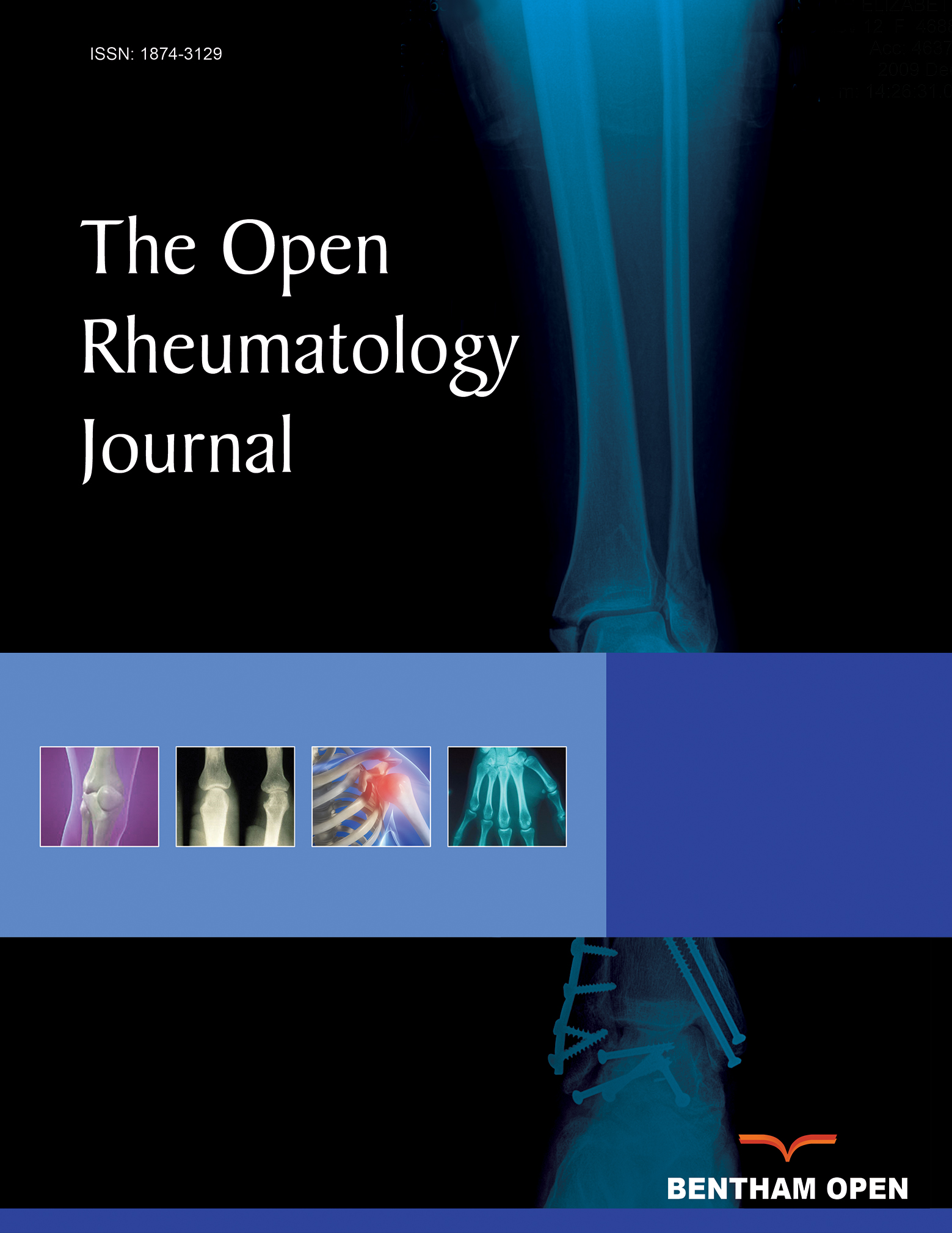All published articles of this journal are available on ScienceDirect.
Long-Term Outcomes in Puerto Ricans with Rheumatoid Arthritis (RA) Receiving Early Treatment with Disease-Modifying Anti-Rheumatic Drugs using the American College of Rheumatology Definition of Early RA
Abstract
Background:
Early treatment of rheumatoid arthritis (RA) results in better long-term outcomes. However, the optimal therapeutic window has not been clearly established.
Objective:
To determine the clinical outcome of Puerto Ricans with RA receiving early treatment with conventional and/or biologic disease-modifying anti-rheumatic drugs (DMARDs) based on the American College of Rheumatology (ACR) definition of early RA.
Methods:
A cross-sectional study was performed in a cohort of Puerto Ricans with RA. Demographic features, clinical manifestations, disease activity, functional status, and pharmacotherapy were determined. Early treatment was defined as the initiation of DMARDs (conventional and/or biologic) in less than 6 months from the onset of symptoms attributable to RA. Patients who received early (< 6months) and late (≥6 months) treatments were compared using bivariate and multivariate analyses.
Results:
The cohort comprised 387 RA patients. The mean age at study visit was 56.0 years. The mean disease duration was 14.9 years and 337 (87.0%) patients were women. One hundred and twenty one (31.3%) patients received early treatment. In the multivariate analysis adjusted for age and sex, early treatment was associated with better functional status, lower probability of joint deformities, intra-articular injections and joint replacement surgeries, and lower scores in the physician’s assessments of global health, functional impairment and physical damage of patients.
Conclusion:
Using the ACR definition of early RA, this group of patients treated with DMARDs within 6 months of disease had better long-term outcomes with less physical damage and functional impairment.


